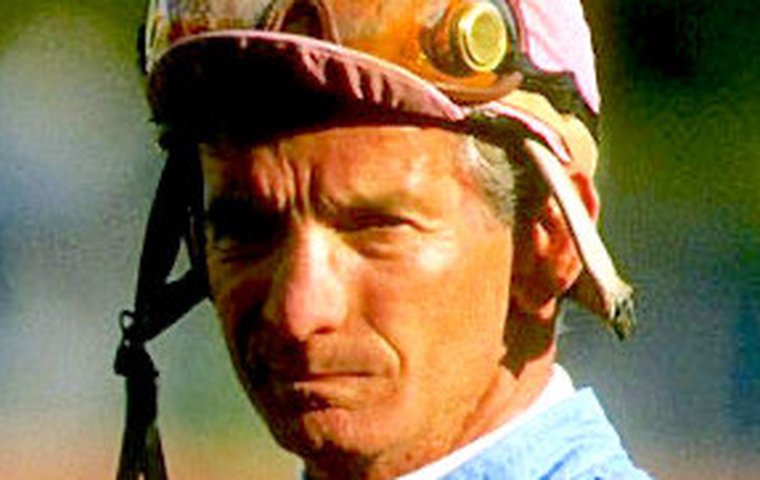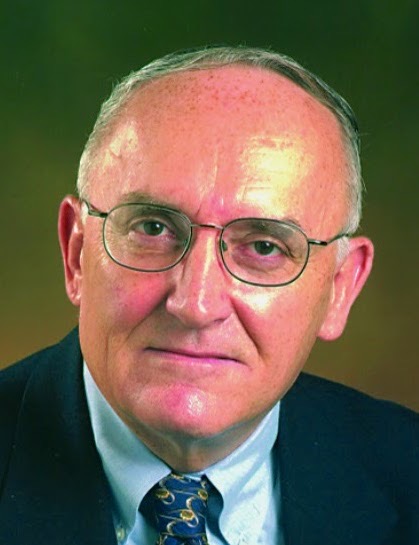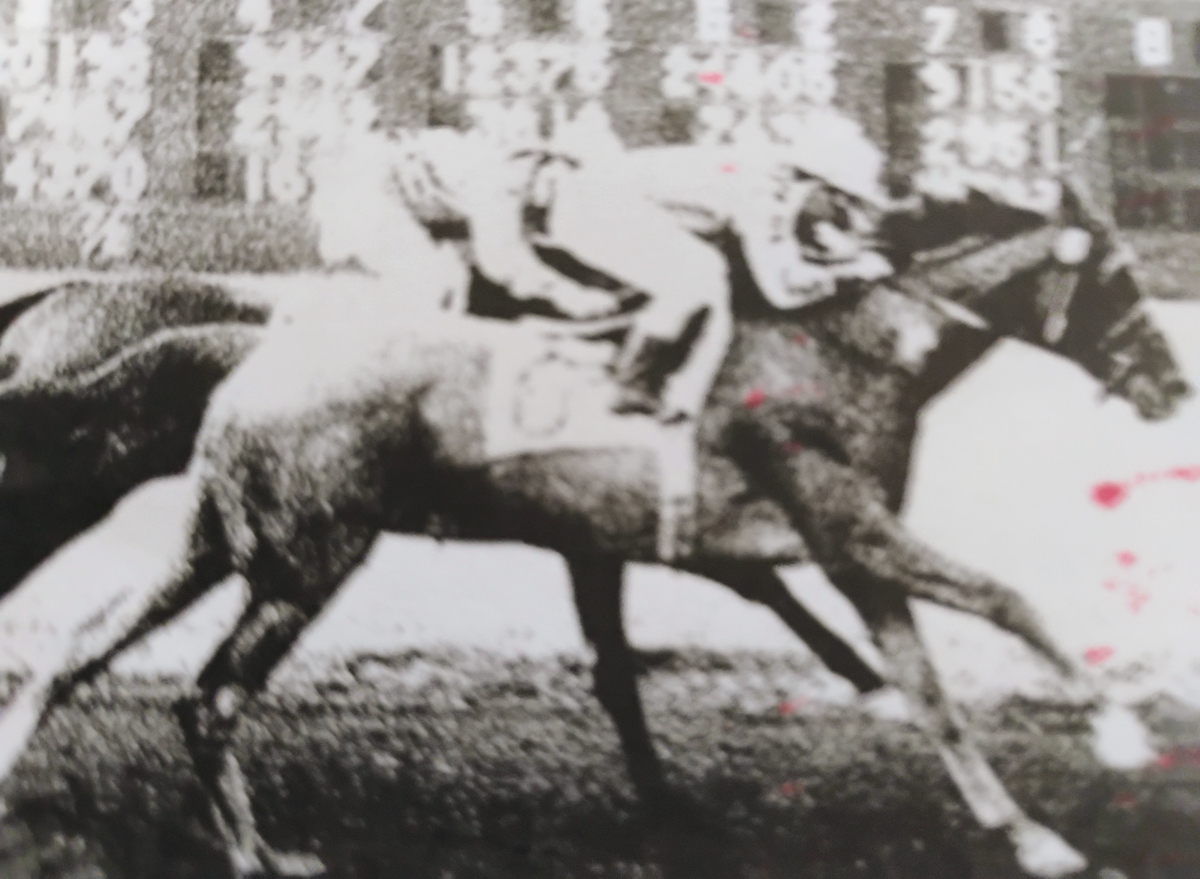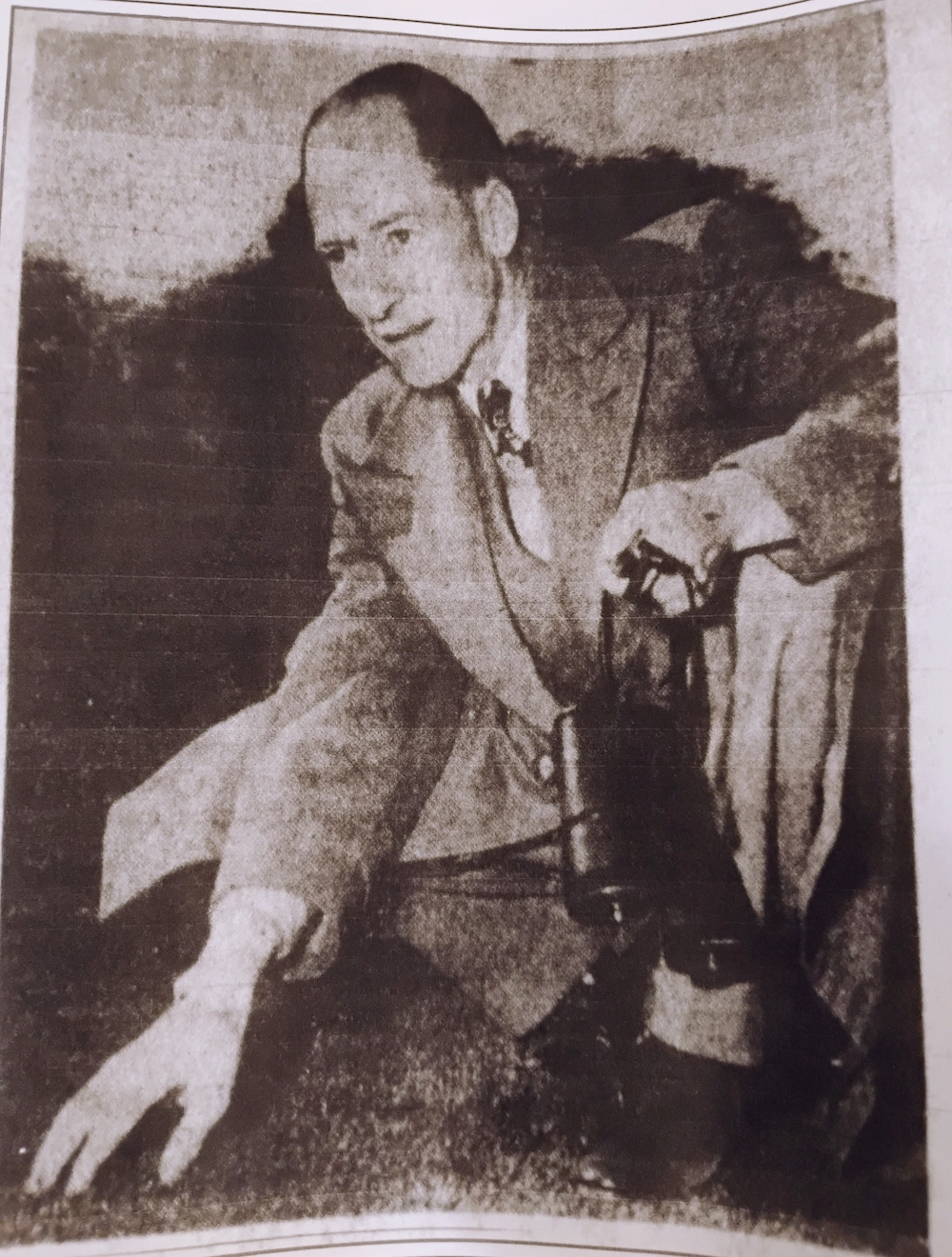
As the curtain comes down on Del Mar’s annual summer meet, our columnist goes back 70 years to the days when one peerless jockey reigned supreme in a star-studded riding colony
 Seventy years ago, Roy Lumm, a 16-year-old apprentice jockey from Oklahoma, won 37 races during a 41-day season in Del Mar, California. Finishing second in the standings, he outdistanced such luminaries in the highly competitive colony as John Longden, Ralph Neves, Milo Valenzuela and Ray York.
Seventy years ago, Roy Lumm, a 16-year-old apprentice jockey from Oklahoma, won 37 races during a 41-day season in Del Mar, California. Finishing second in the standings, he outdistanced such luminaries in the highly competitive colony as John Longden, Ralph Neves, Milo Valenzuela and Ray York.
Lumm is an easy name to fit into a headline, but there were few of those for him or anyone else all that summer. Most of the ballyhoos were the private property of Bill Shoemaker.
He was known as Willie Shoemaker then. Unlike the persnickety Bill Hartack, who would walk away from an interview if somebody got his name wrong, Shoemaker didn’t mind what he was called, just as long as you led him to a horse that could win.
And the inimitable Red McDaniel did that in spades. McDaniel saddled 47 winners at Del Mar in 1954, and 42 were ridden by Shoemaker as he obliterated the jockey race with 94 wins, a record that may stand for eternity. The Shoemaker-McDaniel juggernaut was so solid that Harry Silbert, Shoemaker’s cigar-chomping agent, just turned over the condition book to McDaniel and said: “Fill it in, Mac.”
Shoemaker, who turned 23 that August 19, in the middle of the 1954 Del Mar season, was already an icon and only five years away from enshrinement in the Racing Hall of Fame.
 In 1950, his first full season in the saddle, he led the country in wins. He repeated in 1951. In 1953, he led nationally in purses and won a record 485 races, smashing by almost 100 the record that another wunderkind, Tony DeSpirito, had set the year before. (The record of 485 went untouched for 20 years).
In 1950, his first full season in the saddle, he led the country in wins. He repeated in 1951. In 1953, he led nationally in purses and won a record 485 races, smashing by almost 100 the record that another wunderkind, Tony DeSpirito, had set the year before. (The record of 485 went untouched for 20 years).
Soft-spoken phenomenon
At Del Mar, Shoemaker was no less daunting. He won the meet title in 1949, only months after his first win had come on April 20 at Golden Gate Fields, and added five more seasonal titles, through 1954. “He’s my little oil well,“ Harry Silbert said of the soft-spoken (‘Silent Shoe’, they called him), 4-foot-11 phenomenon.
When Del Mar 1954 opened on July 27, Shoemaker left the ground running. He won with three of five mounts, the winners paying rock-bottom mutuels of $3.80, $5.50 and $5.20. Hopping on Shoemaker at the betting wickets meant a willingness to eat a lot of chalk. Already a couple of turf writers were working on a piece for The Saturday Evening Post. The working title: ‘They’re Afraid To Bet Against Willie.’
Fourteen times at the meet, Shoemaker notched three-win days, but that was mere child’s play. He had five days with four wins apiece, and on successive days, as the season was petering out in early September, he won with 11 of 15 mounts – six wins one day followed by a five-bagger on Labor Day.
Jimmy Wallace sat in the stands and marveled at Shoemaker’s expertise. Wallace had become a trainer; during his riding days, he was aboard the magnificent Exterminator for the last nine races of a 99-race career. Ranking jockeys he had seen, Wallace said there were Eddie Arcaro and Shoemaker, in no particular order, and then everybody else.
Never interferes
Horsemen were always raving about Shoemaker’s ‘soft hands’ as his greatest asset, but Wallace saw it this way: “He never gets his horses in trouble. His rhythm on a horse is perfect. He never interferes with his horse’s action.”
Eight of Shoemaker’s 11 winners during that two-day binge were trained by McDaniel (right), whose 47 wins at the meet were 33 more than his closest rival. McDaniel was at his best claiming horses and bringing them back as winners.
Seven months after he and Shoemaker were canonized at Del Mar, and two days before Shoemaker won the 1955 Kentucky Derby with Swaps, McDaniel killed himself.
He gave a jockey a leg-up for a race at Golden Gate Fields, drove his Cadillac to the middle of the San Francisco-Oakland Bay Bridge, and jumped. He was 44 and at the top of his game. Neither Shoemaker nor anyone else in racing could ever fathom his death.
“It was shocking,” Shoemaker said. “I guess one of the last things Mac did was send me word that he hoped I would win with Swaps. My happiness would have been complete if only he had been around to watch me win.”
Shoemaker’s six wins on September 4, a Del Mar record, included a win aboard Fair Molly in the Del Mar Debutante. Fair Molly paid $11.30 for $2; the other five returned $8.90 or less.
As many boos as cheers
The six-pack came in consecutive races, the fourth through the ninth, and when Shoemaker dismounted from his ninth-race winner, he heard as many boos as cheers.
The chalk eaters had had enough. Thanks mostly to Shoemaker, favorites won 42% of the races that summer, about 12 points higher than the national average. A flat $2 bet on all 234 of Shoemaker’s mounts would have shown a profit of a measly $81.
“It [the booing] is part of the business,” Shoemaker said later. “I just try to forget it.”
Shoemaker missed five of Del Mar’s 41 racing days in 1954. He was at Arlington Park, riding in a stakes race, on August 21. He took a breather for four days, September 7-10, and returned for closing day, September 11, when he won three races, including a smart come-from-behind win with Blue Ruler in the Del Mar Futurity. Blue Ruler paid all of $2.70.
“He’s a good colt, but he has a tendency to loaf,” Shoemaker said. “He began to loaf today, so I took the stick to him.“
Add something to Willie Shoemaker’s skills checklist:
Soft hands … check.
Stays out of trouble … check.
Lets horses do their thing … check.
Use of whip … double check.
• Bill Christine, who was a turf writer at the Los Angeles Times for 25 years, has written three biographies, one about jockey Bill Hartack. His current projects are a novel and a true-crime book
• Visit the Del Mar website
‘Sincerity was his middle name’ – Bill Christine remembers the late David Hofmans
View the latest TRC Global Rankings for horses / jockeys / trainers / sires


